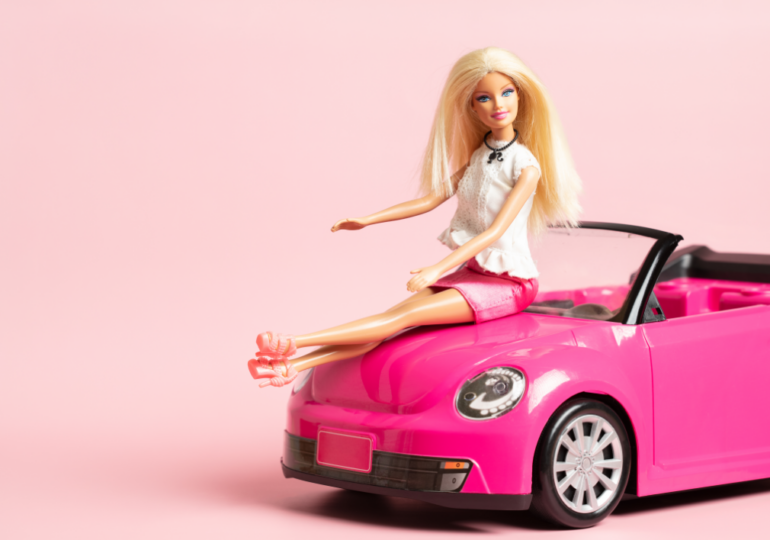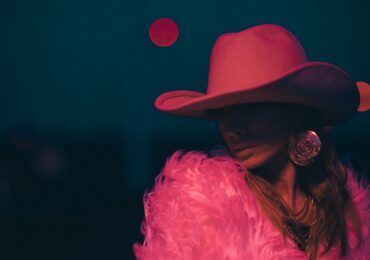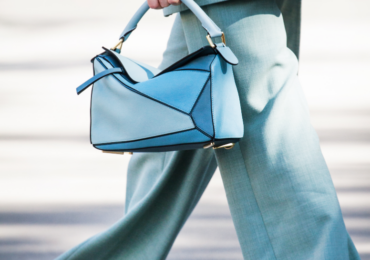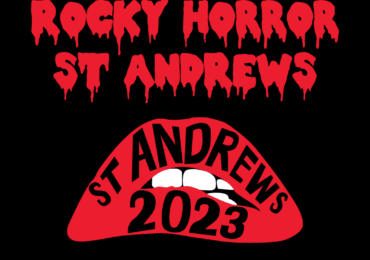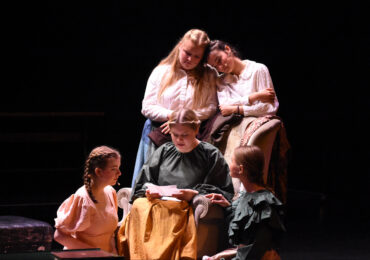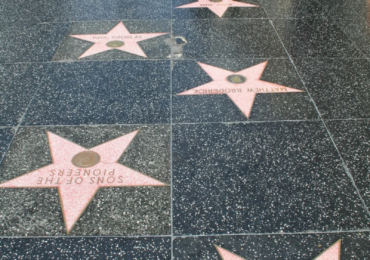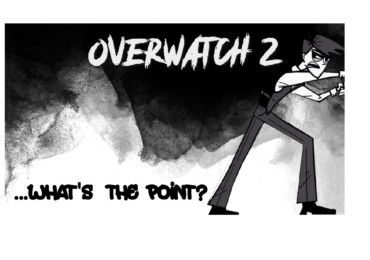The year of the Barbie film: is femininity having a resurgence?
The last few years have seen the rise of a new caricatured persona: the ‘pick me’ girl. This girl promises you that she ‘doesn’t wear any make-up’, and ‘loathes the colour pink’ because she just simply ‘isn’t into all that girly stuff’. Ultimately, she is just not like other girls.
Whilst this certain type of girl has been subject to a barrage of hate recently; delineated on TikTok and in real life alike, she herself is not the villain, but a victim. Being unlike other women, or unlike a woman in general, has been heralded by the patriarchy as some kind of badge of honour. Aligning oneself with masculinity and male culture makes one superior due to a privileging of all things male within society. Male hobbies, behaviour and clothing Masculine hobbies, masculine behaviour and masculine clothing are all deemed more serious and worthwhile than their feminine counterparts.
The trivialisation of the feminine is something that has followed all women from as soon as they could walk. Young girls are subjected to playground on the playground are subjected to delineation the alienation of all things pink and all things ‘girly’. We can all recall fondly the absolutely classic insults hurled at us in the playground, formulated quickly and easily by tagging the simile ‘like a girl’ to the end of a sentence. Being told we threw balls ‘like a girl’ or ran ‘like a girl’ was not a simple statement of our gender, but instead reaffirmed the idea, from childhood, that ‘girl’ meant inferior. ‘Girl’ meant bad. So, it’s no wonder that girls want to be unlike other girls, when to be like any a girl means to be inherently less than. We all want to be one of the boys if it means we can be taken seriously and that someone will listen to what we have to say. And if wearing pink makes this an impossible dream, so be it.
However, this summer, the air felt different. Plastered everywhere and anywhere was Margot Robbie’s smiling face glossed with the word ‘Barbie’ in bright, hot pink lettering. Evocations of our collective girlhood came flooding back; with reminiscences of hours wiled away concocting great hopes and dreams for ourselves and our dolls alike. Suddenly, femininity was in Vogue. Pink was cool again. Hordes of women gathered together, clad proudly in their pink, to watch a film made for them, by a female director who could understand.
Barbie land is the actualisation of a feminine utopia, wherein nobody will alienate pink or bows or female interests. Barbie herself is a hyper-feminine icon whilst still being a figure of empowerment. She can be a Nobel Prize winning physicist or the President, whilst still donning a hot pink jumpsuit and a bow in her hair. Gone are the days where women had to adopt masculine silhouettes, like the power-suit of the 1970s, to possess any form of authority. Cult films, such as ‘Clueless’, that taught us that hyper-feminine characters must be ditsy, have been replaced by this new cultural cornerstone that posits the exact opposite. Hyper-feminine does not have to entail less-than. We should cast our minds I find myself casting my mind back to the icon Elle Woods, who used the stereotyping and pigeonholing that she, in all her pink, hyper-feminine glory, was subjected to, to help her succeed. My hope is that a new generation of girls will learn, sat in cinemas watching this cult film, that ‘girl’ does not equal bad, and that expressing their femininity, if they choose to, does not make them less-than their less feminine counterparts. Girls should not have to renounce their femininity to command a room. ‘Barbie’ has reclaimed pink and reclaimed femininity. Masculinity does not, and should not, mean better. Being like the other girls should not be something to be ashamed of – it should be a badge of honour, one that we all wear proudly, in recognition of one another’s accomplishments. As the 1984 slogan put it: “We can do anything, right Barbie?”

